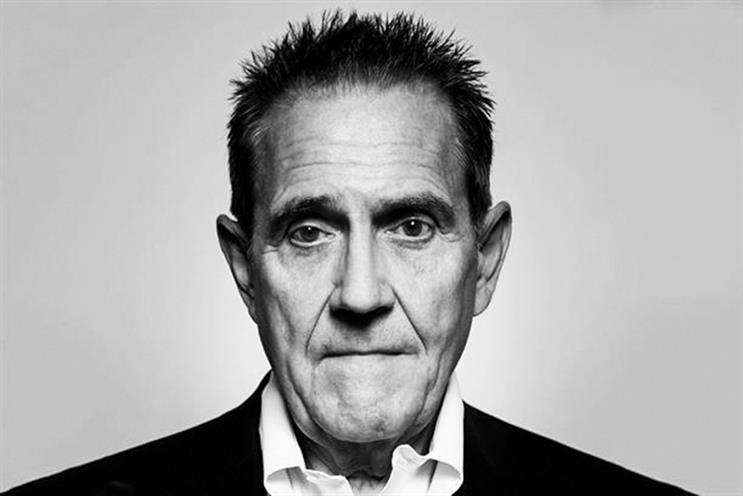IBM’s president, Thomas Watson, was a dynamic man and revolutionised the company.
His motto, for every single employee, was "THINK".
Which became very relevant in 1929, when the stock market crashed.
It was the most devastating stock market crash in history and signalled the start of the worldwide "great depression".
Half the banks in the US failed, unemployment was 20%, and industrial production dropped by 50%.
Most businesses were laying off workers, it was the sensible thing to do.
But Watson called his top executives into the boardroom, he said:
"Gentlemen, some of our people have had to give a lot of thought to their finances, which has distracted their attention from the main issue, which is, of course, building IBM and making it a bigger and better business.
"I have not done anything in the interests of IBM for the last three weeks, I have not talked with any of you about sales, money collections, et cetera.
"Because I have been running a stockbroker’s office for the last three weeks."
Watson was saying that they were all paralysed because all they were worrying about was the plummeting share-price and their savings.
He knew worrying wouldn’t solve anything, they needed to act.
So Watson did the opposite of what every other company was doing.
He didn’t lay anyone off, he kept all the factories open, producing IBM machines.
And he did something no-one had done before, he took 6% of revenue ($1m then, $18bn today) to build the first corporate research laboratory, and put all the inventors and engineers in the same building.
It looked crazy, inventory stockpiled and the share price plummeted.
But, unlike everyone else, Watson knew the depression couldn’t last, and he wanted IBM to be better placed than anyone else when it finally ended.
Then, in 1933, Franklin Roosevelt was elected president.
Under his "New Deal" he passed the Social Security Act: employers would have to make deductions from every worker's wages so that the elderly, unemployed, disabled, and widows with children would get financial assistance.
Suddenly, every employer needed to keep track of the wages and hours of every single worker in the country, and so did the government.
Suddenly, every company needed lots of tabulating and calculating machines, now.
And there was only one company in full production on those machines, and with a massive inventory, ready to supply straight away: IBM.
For Woolworth's alone the cost was $250,000 a year ($4.5bn today).
Between 1935-39, IBM revenue increased by 81% and continued to climb for 45 years.
IBM didn’t just dominate the market, it owned it.
During that period, it invented the floppy disk, the barcode, the hard drive, the ATM.
Today, IBM employs 350,000 people worldwide, and IBM employees have won five Nobel Prizes.
All because, in 1929, Watson followed his own dictum: "THINK".
As he said, himself, at the depth of the depression: "When is industrial progress going to start again? I say it never stopped. You are going to find that inventive genius, progressive ideas, progressive people, have been more active than ever. Industrial progress never stops."
Or, as Bill Bernbach would say later: "It may well be that creativity is the last legal unfair advantage we are allowed to take over the competition."
Dave Trott is the author of Creative Blindness and How to Cure It, Creative Mischief, Predatory Thinking and One Plus One Equals Three


